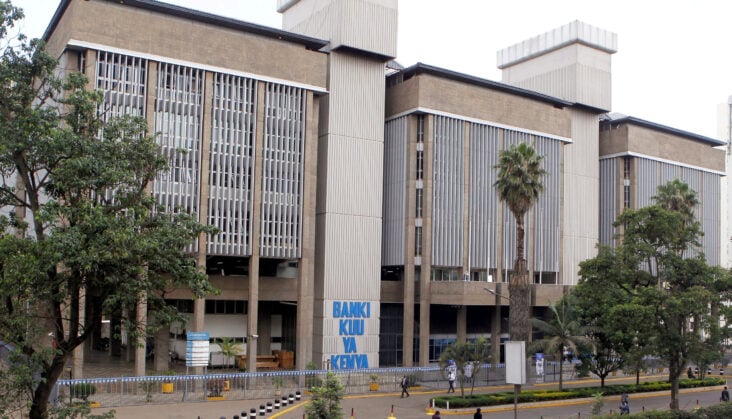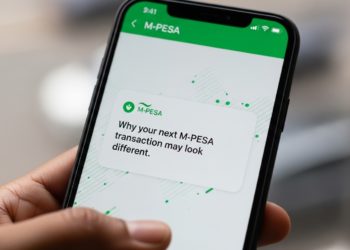The Central Bank of Kenya (CBK) has adopted a resolute stance against entities and individuals engaged in the provision of money or value transfer services without the requisite licenses or authorizations. The objective of this action is to ensure the protection of the public from potential financial hazards and to uphold the rule of law.
In a recent public notice, the CBK expressed concerns regarding unlicensed money or value transfer services that are operating within Kenya. These services encompass payment services, which are governed by the National Payment System Act of 2011, and money remittance services, which are subject to regulation under the Money Remittance Regulations of 2013. It is imperative to emphasize that conducting such services without the appropriate authorization is not only perilous for consumers but also contravenes Kenyan legal provisions.
The CBK has cautioned that entities and individuals providing unlicensed money transfer services do not enjoy the protection of the law. Consequently, consumers who engage with these services may face severe financial repercussions in the event that these providers fail to fulfill their obligations.
Legally authorized entities in Kenya, often referred to as payment service providers or money remittance providers, are required to prominently display their CBK license or authorization within their business premises. This transparency is intended to facilitate easy verification of their legitimacy by the public.
For those who harbor doubts about the legitimacy of a money transfer provider, the CBK maintains a list of licensed money remittance providers and payment service providers on their website. This ensures that consumers can make well-informed choices when seeking such services.
A significant concern raised by the CBK pertains to the utilization of informal or unlicensed money transfer mechanisms, including the term “hawala.” Hawala is an informal and frequently unregulated method of funds transfer, which exposes consumers to various risks, such as fraud, loss of funds, or the absence of legal recourse in the event of a dispute. The CBK encourages the public to refrain from engaging in such services provided by unauthorized entities.
Notably, the CBK’s announcement underscores its determination to identify and prosecute individuals and entities that operate unlicensed or unauthorized money transfer services. This approach serves to safeguard the financial interests of consumers and preserve the integrity of Kenya’s financial system.
The Central Bank of Kenya is also urging the public to actively participate in this effort. They are encouraged to report any information pertaining to unlicensed or unauthorized money transfer services. The notice added, “Members of the public are hereby requested to submit to the CBK, information on the identities and physical locations of entities and persons providing money or value services without a license or authorization from CBK.” This collective endeavor is crucial in upholding the legal framework designed to protect the financial well-being of consumers.
The CBK’s action comes at a critical juncture when the financial sector, both globally and in Kenya, is undergoing significant transformation. Technological advancements have given rise to innovative ways of delivering financial services, including digital and mobile money transfers. While these innovations have enhanced convenience, they have also brought about potential risks, including the proliferation of unauthorized and fraudulent money transfer services.

















